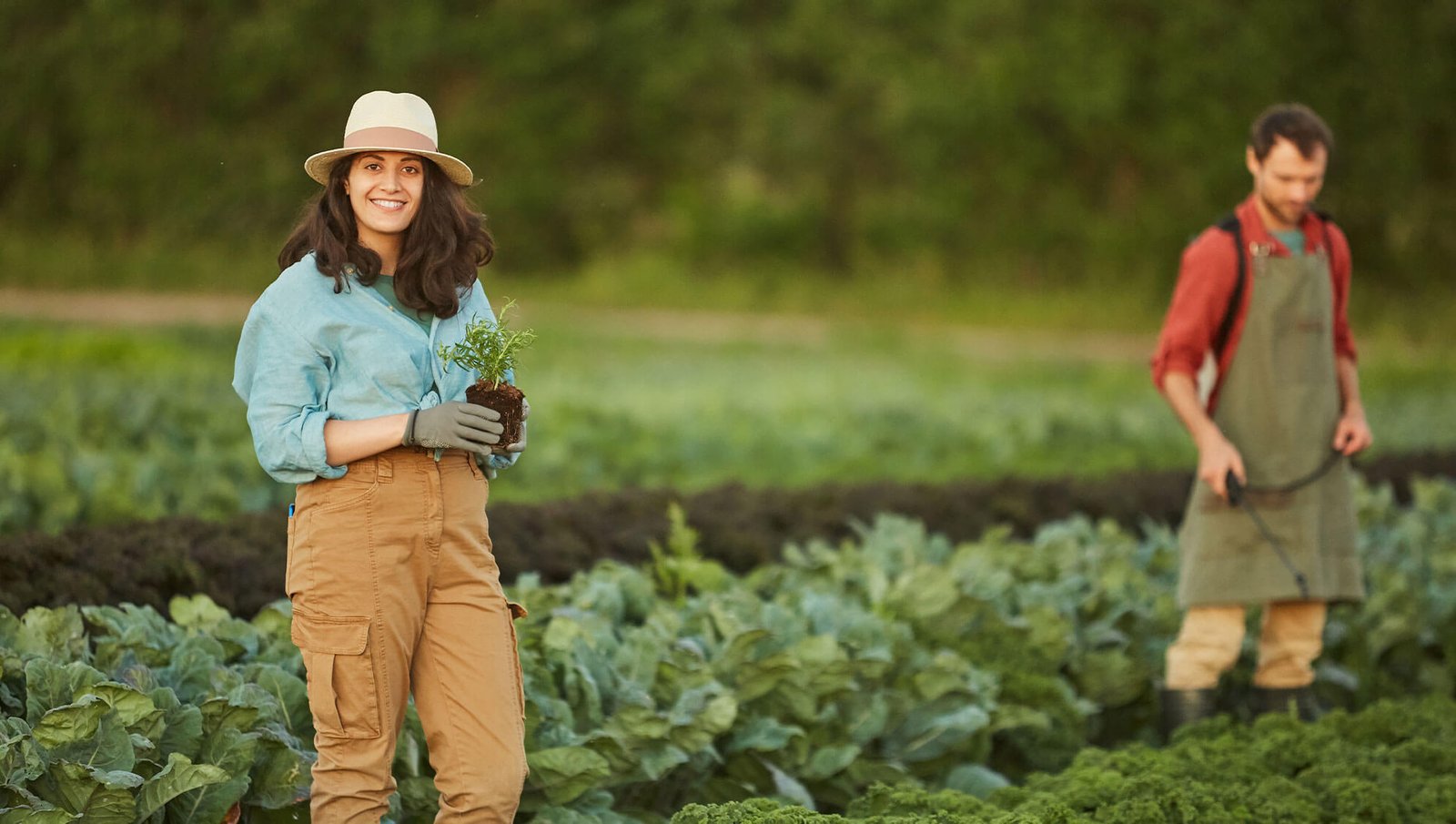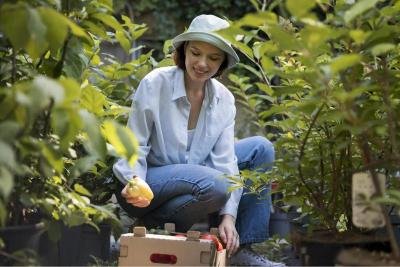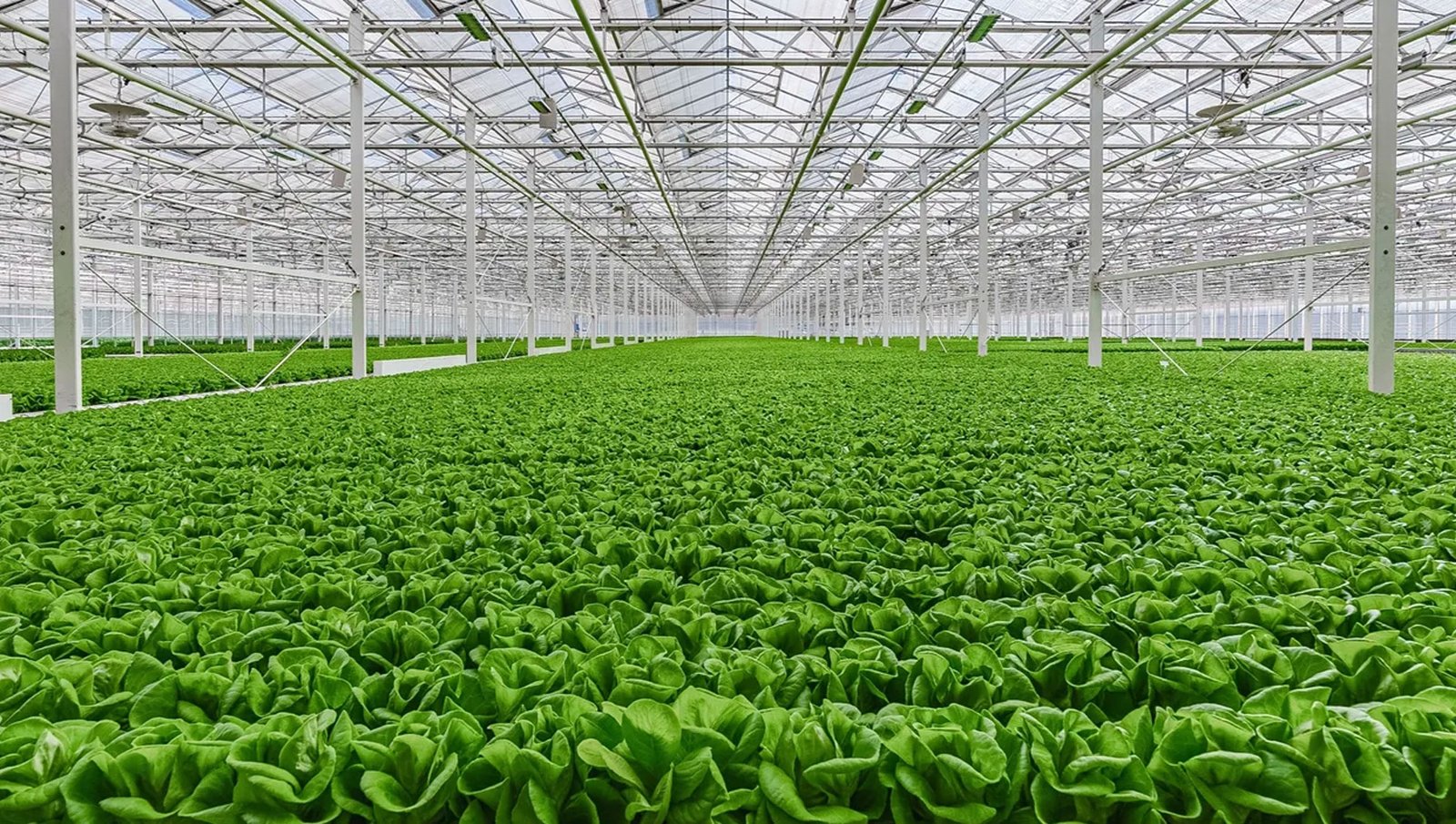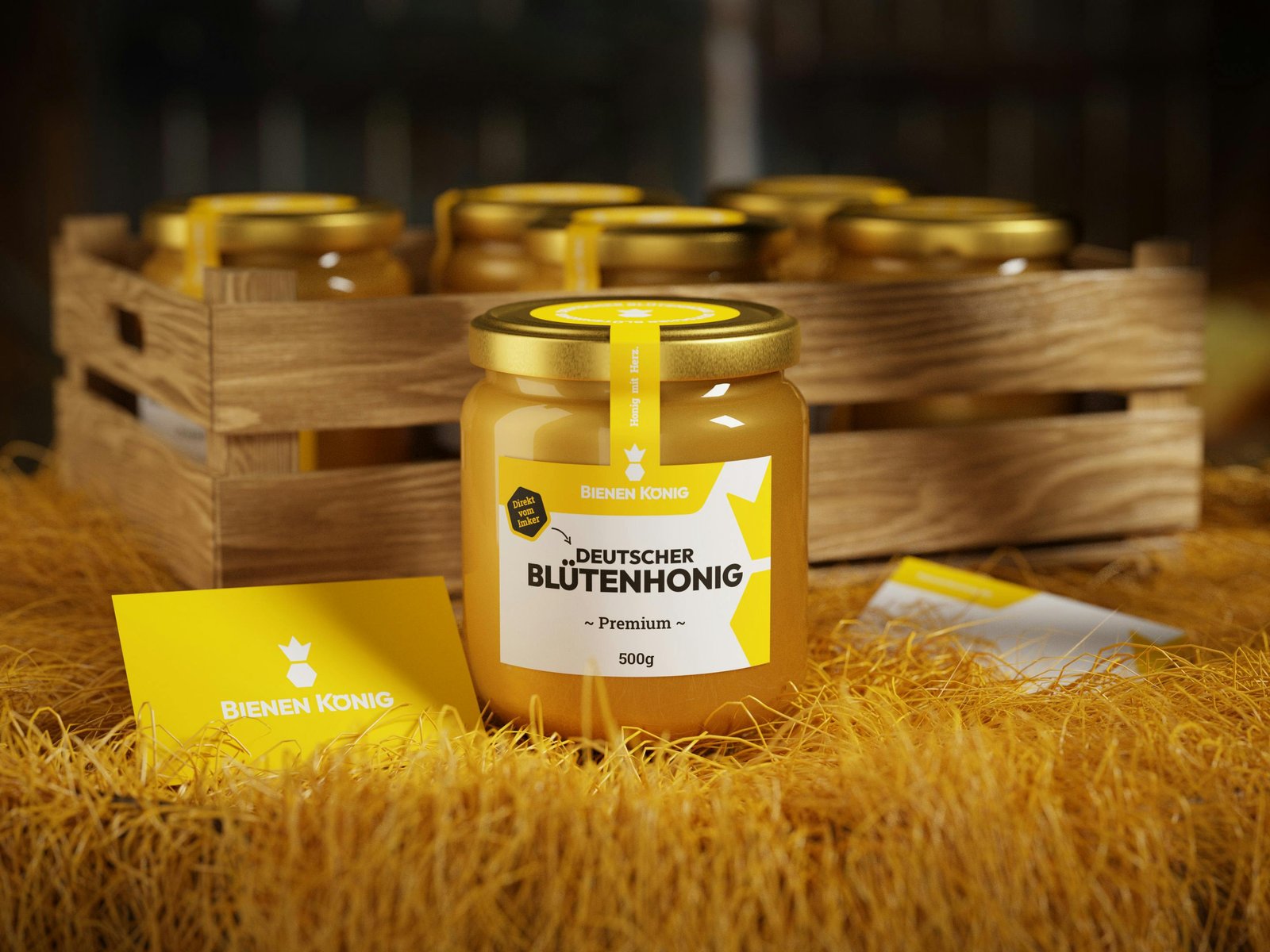Beekeeping is more than just a rewarding pastime—it’s a step toward sustainable living and supporting the environment. For Georgia residents, the mild climate and diverse flora make it an ideal place to start your beekeeping journey. Whether you’re a nature enthusiast, a gardener, or simply curious about beekeeping, this guide will walk you through everything you need to know to begin.
How to Start Your Beekeeping Journey
Starting as a beekeeper might feel overwhelming, but with the right preparation, you can turn this hobby into a fruitful venture. Here’s how to begin:
- Research Local Regulations:
- In Georgia, you must register your beekeeping activity with the state Department of Agriculture. This helps protect local bee populations and ensures compliance with laws.
- Learn About Bees:
- Understand the behavior and biology of honeybees. Knowing their lifecycle, colony structure, and communication methods will make managing them easier.
- Choose a Location:
- Select a sunny spot for your hive, ideally sheltered from strong winds. Ensure it’s away from foot traffic but near flowering plants for natural foraging.
- Start Small:
- Beginners should start with one or two hives. This allows you to learn the ropes without being overwhelmed.
- Join Local Beekeeping Communities:
- Georgia is home to many beekeeping associations that offer resources, mentorship, and support. Connecting with experienced beekeepers is invaluable.
The Benefits of Keeping Bees for Your Garden and Community
Beekeeping offers numerous benefits that go beyond producing honey. Here’s why it’s worth the effort:
- Pollination Power:
- Honeybees are essential pollinators for gardens and crops. By keeping bees, you support the growth of fruits, vegetables, and flowers, boosting biodiversity in your area.
- Support Local Ecosystems:
- Bees contribute to the health of local flora and fauna, which in turn supports other wildlife.
- Honey and Beeswax Production:
- Enjoy natural, chemical-free honey and beeswax, which can be used for candles, cosmetics, and household products.
- Community Impact:
- Beekeeping fosters awareness of environmental issues. By sharing your knowledge, you inspire others to appreciate the role of bees in the ecosystem.
- Stress Relief and Education:
- Beekeeping is a therapeutic hobby that connects you to nature. It’s also an excellent educational opportunity for children and adults alike.
Essential Equipment and Tips for New Beekeepers
Getting started with beekeeping requires some basic tools and techniques. Here’s what you’ll need:
- Essential Equipment:
- Beehives: Choose between Langstroth, Top Bar, or Warre hives. Langstroth hives are popular among beginners for their modular design.
- Protective Gear: Invest in a quality bee suit, gloves, and veil to prevent stings.
- Smoker: A smoker calms bees, making inspections safer and easier.
- Hive Tool: Use this multipurpose tool for opening hives, scraping wax, and other tasks.
- Beekeeping Brush: Gently move bees without harming them.
- Tips for Success:
- Inspect Regularly: Check your hives every 7–10 days to monitor health and activity.
- Feed Bees in Winter: Supplement their food with sugar syrup or fondant when natural resources are scarce.
- Manage Pests: Watch out for common threats like Varroa mites and small hive beetles.
- Plant Bee-Friendly Flowers: Provide a steady source of nectar and pollen with plants like clover, sunflowers, and lavender.
- Stay Patient:
- Beekeeping is a learning process. Mistakes are natural, so take them as opportunities to grow.
Beekeeping is a sweet hobby that not only supports sustainable living but also connects you to the rhythms of nature. For Georgia residents, this practice offers the perfect blend of productivity, environmental stewardship, and personal fulfillment. With proper preparation, dedication, and care, you can enjoy the benefits of healthy bees, abundant gardens, and delicious honey.












